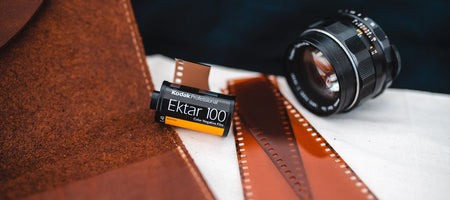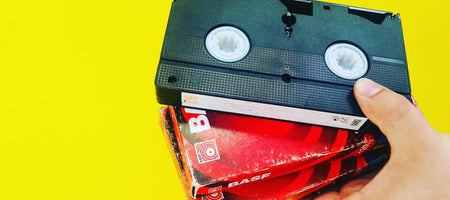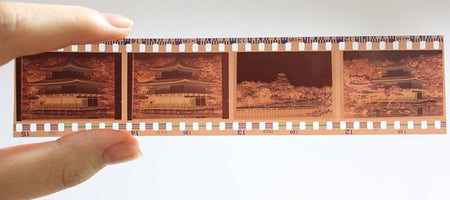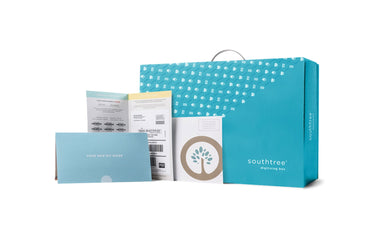Picture this: you’re sitting in math class, and your eyes are glazing over while the teacher is talking about differentials. Instead of pay attention to the very important equations that your wiry-haired instructor is scribbling on the board, your mind is thinking about that awesome date you went on last weekend.
Congratulations, you’ve just reminisced.
But what’s going on in your brain when you take a trip to the past to re-live some awesome or not-so-awesome experience? Scientists call this process memory recall or retrieval, and they’re not entirely sure how it works.
Two Competing Theories
There are two primary guesses that scientists have for how your mind digs up memories and plays them back in your head. One is called the two-stage theory, and the other is called encoding specificity. Here’s how the two different theories break down.
The Two Stage Theory hypothesizes that memory creation and recall works like a computer. Your mind creates memories, then when you want to, you can search your brain for those memories. When you’re done thinking about those memories, they go back into the library for later use. In our classroom example, this would mean that you got tired of listening to algebra, so you went into your noggin, decided to think about that awesome date you just had, and you thought about it.
The Encoding Specificity Theory is a bit more complex. In this theory, scientists think that the process of making memories and recalling memories are essentially the same process, and they’re inextricably linked. That means that certain cues in your daily experience can spur a memory and make it come into your mind. To return to the classroom example, maybe you folded your hands, and your thumbs touched in a way that was almost identical to the way that you and your date held hands for the first time in the movie theater last Saturday. In the encoding specificity theory, that touch from your thumb essentially sparked your memory through the association of a similar thing happening. Congratulations, you’re walking down memory row.
But wait, it still gets murkier from there.
Just because scientists don’t know exactly how memories are retrieved, they’ve still worked on figuring out the different ways that you can recall them. Lucky for us, they’ve classified three different types of memory retrieval, and they all work a little differently.
The first is called free recall, which means that you willingly pull a memory from your brain whenever you want. The second is called cued recall, which is basically an association type of recall. The last is called serial recall, which is a type of memory retrieval where we pull out information as a sequence of events. Scientists think that you use all of these types of recall for different purposes. Since memory has multiple functions, researches believe that we use these different types of memory retrieval to help organize our brains to make memories more accessible, relevant, and usable.
The brain is truly an enigma.
As important as the brain is, and as much scientists have tried to crack its code, there’s still tons that we just don’t know. Because memory shapes and informs our idea of self, we probably distort our own memories without really knowing it. On top of that, since we can’t really look at memories in the brain, we still don’t know exactly how, why, when, or where they’re stored.
So when you’re sitting in math class, bored as can be, you can rest easily knowing that your brain is working in ways that have stumped scientists for hundreds of years. To throw a wrench into the whole equation, you’re probably messing with your own memories as you’re recalling them. That’ll make you think twice before you try to re-live your awesome date too many times!













